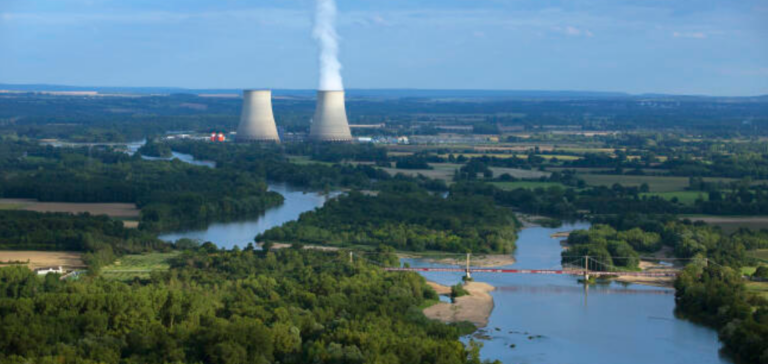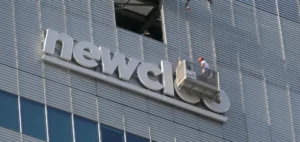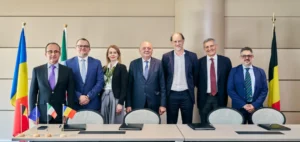Against a backdrop of heightened sensitivity to environmental issues, attention is turning to major energy projects and their ecological impact. In this vein, the recent opinion of the Environmental Authority on EDF’s EPR2 project raises important questions and requires particular attention.
Concerns of the Environmental Authority
On the other hand, the Authority, an independent body responsible for assessing the environmental impact of large-scale projects, recently published a critical opinion on the impact study carried out by EDF for the construction of two new EPR2-type nuclear reactors. Although it did not assess the nuclear safety of the site, its report highlighted several notable environmental concerns.
Impact of Construction and Operation
During the construction phase, the main environmental concerns identified include the health of local populations, noise impact, and the preservation of biodiversity and the natural environment. As for the reactor operation phase, the Authority points the finger at the risks associated with radiological, thermal and chemical releases, as well as the production of nuclear waste and greenhouse gas emissions.
Recommendations for environmental protection
A lack of clarity was noted regarding site reclamation at the end of operations or should the project not be successful. In addition, the authority raised questions about the artificialization of 24 hectares of seabed, suggesting avoidance, reduction or compensation measures.
EDF’s response and commitment
In response, EDF took note of the Authority’s opinion and undertook to publish a detailed response before the public inquiry scheduled for the first quarter of 2024. The Group stressed the importance of environmental issues in the EPR2 project and affirmed its commitment to integrating these concerns into its ongoing discussions with local stakeholders.
Indeed, this situation highlights the importance of rigorous environmental assessment for large-scale projects, particularly in the nuclear power sector. It also reiterates the need for companies like EDF to maintain a transparent and constructive dialogue with the regulatory authorities and the communities concerned.
The Environmental Authority’s recommendation calls on EDF to rethink its environmental approach for the EPR2 reactors. This situation underlines the importance of close collaboration between companies, regulatory authorities and communities to ensure the sustainability and environmental responsibility of large-scale projects.





















